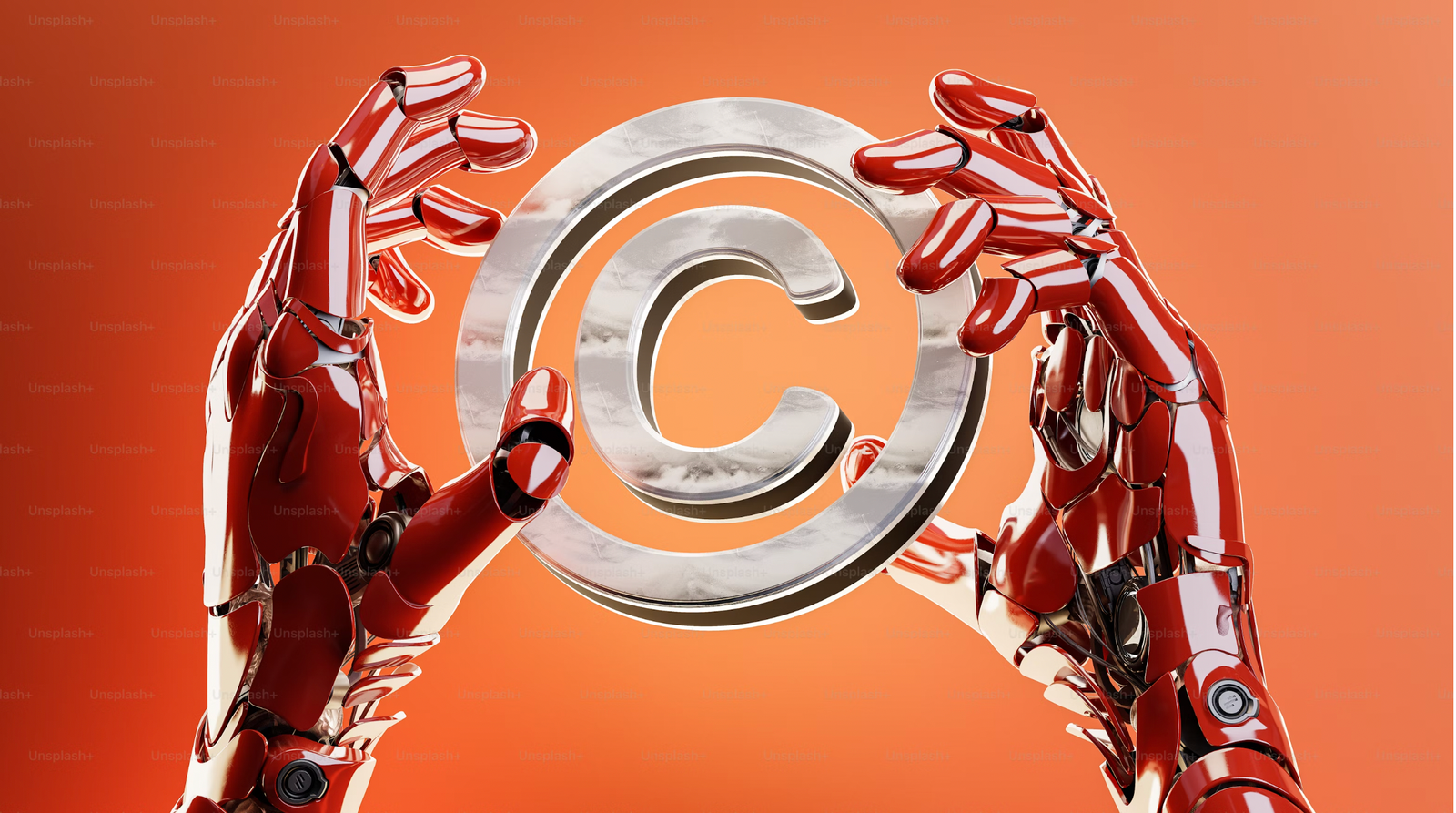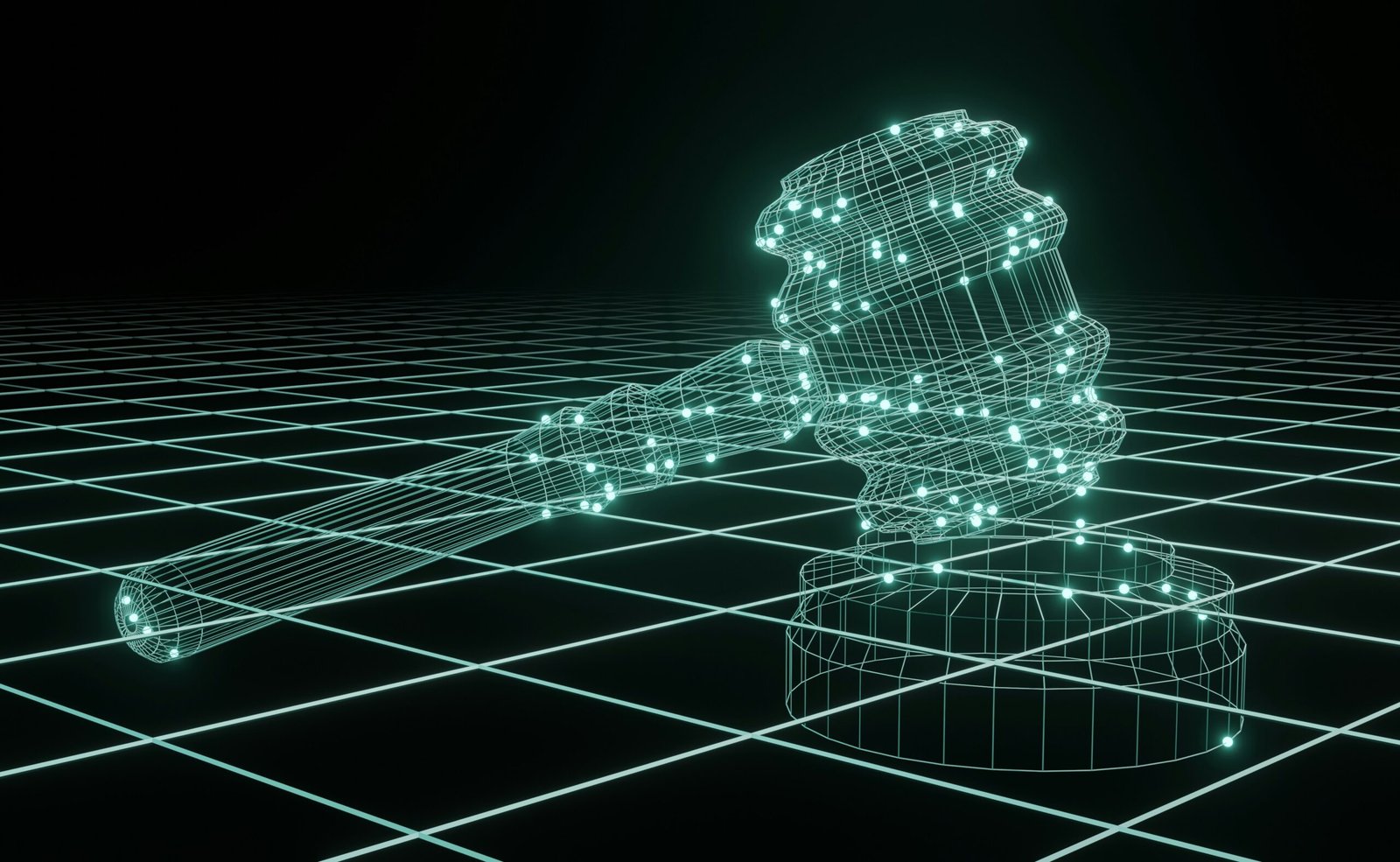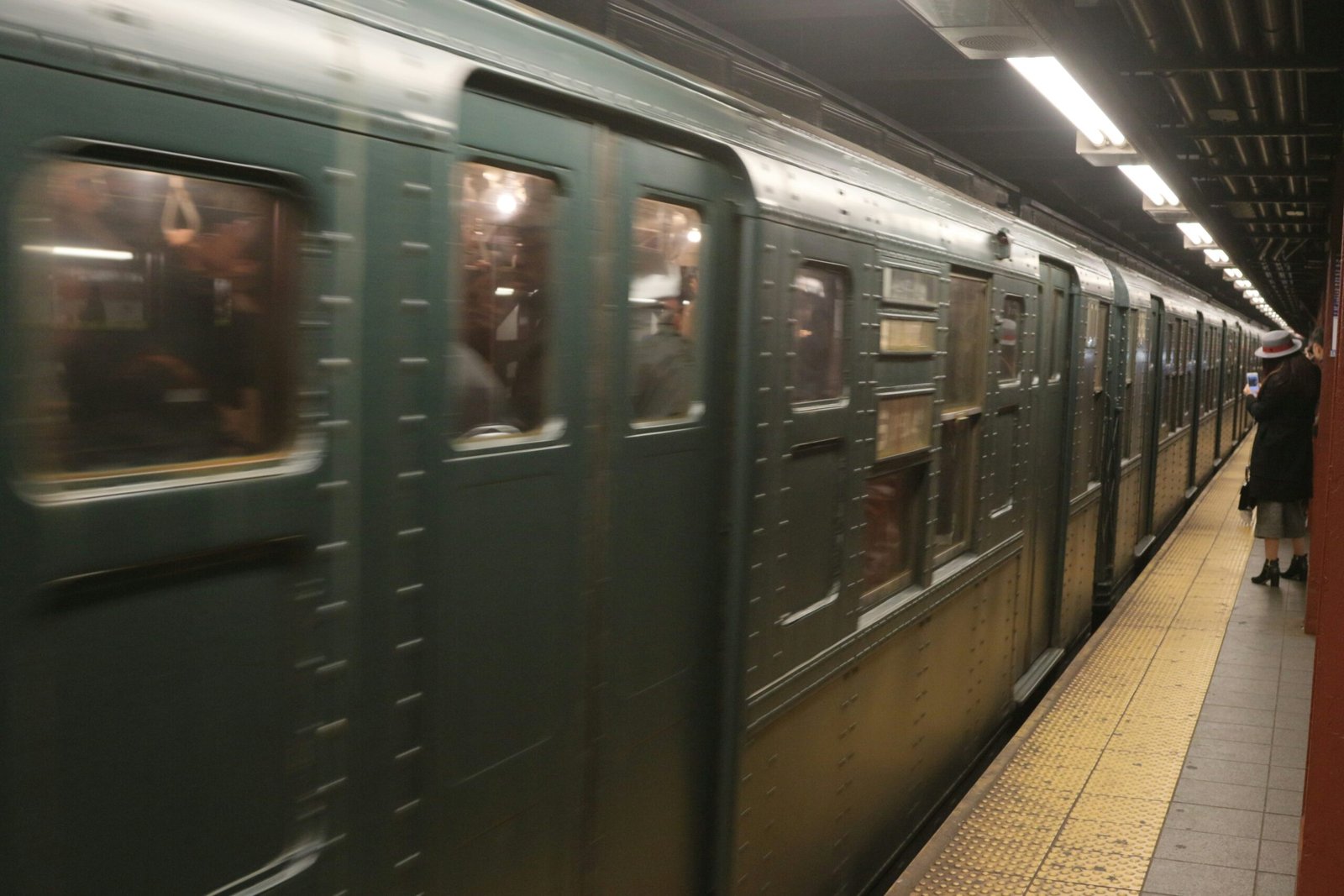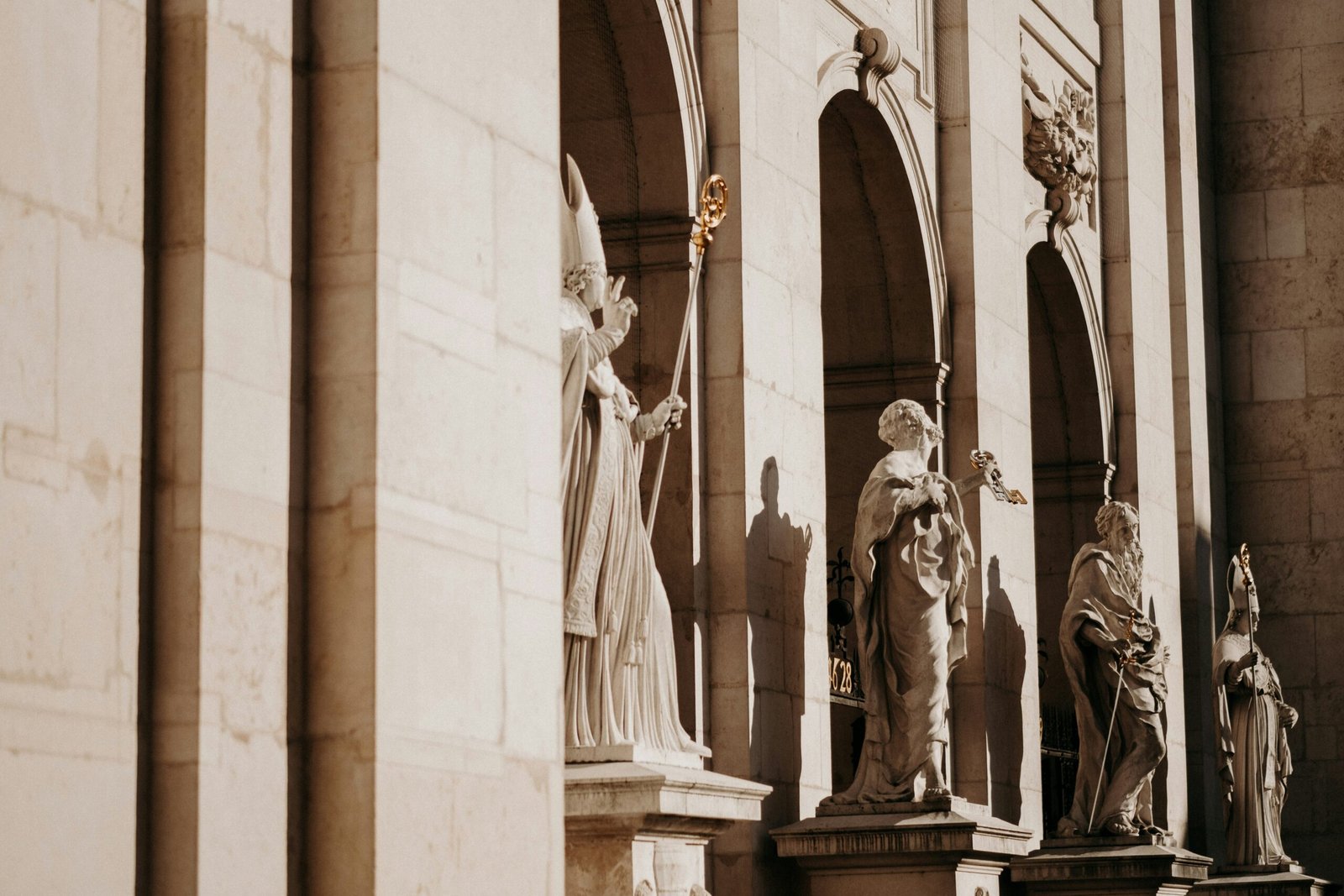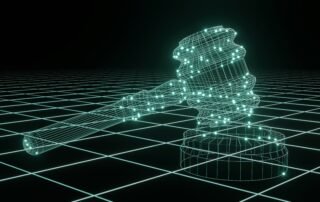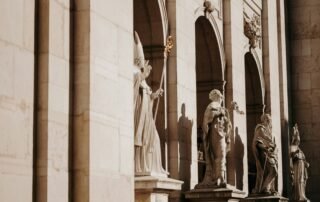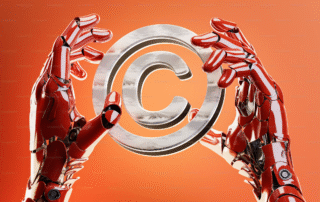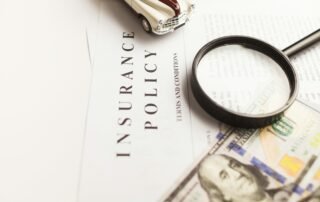Emerging Litigation Podcast
Insurance Coverage Litigation’s Modern Mayhem with Jeremy Moseley
Insurance coverage litigation isn’t what it used to be. In this episode of the Emerging Litigation Podcast, Jeremy Moseley of Spencer Fane unpacks how automation, AI, climate change, and “social inflation” are reshaping risks and fueling high-stakes disputes. From thermonuclear verdicts to dangerous policy gaps, Jeremy offers sharp, practical insights into what insurers, policyholders, and lawyers should expect next.
Artificial Intelligence Meets Copyright Law with Ryan Phelan and Tiffany Gehrke
What happens when artificial intelligence collides with copyright law? In this episode of the Emerging Litigation Podcast, intellectual property attorneys Ryan Phelan and Tiffany Gehrke of Marshall, Gerstein & Borun LLP unpack two landmark court decisions on fair use and AI training data. They explain why courts found AI training to be “transformative use,” how judges are treating legally obtained versus pirated data, and why algorithmic outputs could be the real battleground ahead. With deep expertise in technology and IP law, Ryan and Tiffany offer practical insights into how these rulings may shape the future of AI, copyright, and innovation.
CEO Depositions and the Apex Doctrine with Rachel Lary
Can a CEO be forced to sit for a deposition? In this episode of the Emerging Litigation Podcast, national trial lawyer Rachel M. Lary of Lightfoot, Franklin & White unpacks the Apex Doctrine—a legal standard designed to shield high-ranking executives from unnecessary depositions. Rachel explains how courts assess executive knowledge, alternative discovery options, and the growing body of case law shaping this issue across jurisdictions. A must-listen for litigators navigating discovery strategy in high-stakes cases.
A Shameless Plug for Our Content Services
Your content marketing is everything you’ve ever dreamed of. Right?

Critical Legal Content was founded by Tom Hagy, former Editor & Publisher of Mealey’s Litigation Reports and VP at LexisNexis, founder of HB, current litigation podcaster and editor-in-chief. CLC’s mission is to help smaller firms and service providers not only create content — blogs, articles, papers, webinars, podcasts (like the stuff on this site) — but also to get it out there. How? Via social media, this website, your website, and potential via our podcast and journal which we publish in collaboration with vLex Fastcase and Law Street Media. The goal is to attract readers and dizzy them with your brilliance.
*Inspired by actual events.
Create content like a real legal publisher.
Emerging Litigation Journal
Insurance Coverage Litigation’s Modern Mayhem with Jeremy Moseley
Insurance coverage litigation isn’t what it used to be. In this episode of the Emerging Litigation Podcast, Jeremy Moseley of Spencer Fane unpacks how automation, AI, climate change, and “social inflation” are reshaping risks and fueling high-stakes disputes. From thermonuclear verdicts to dangerous policy gaps, Jeremy offers sharp, practical insights into what insurers, policyholders, and lawyers should expect next.
Federal Courts Issue Contrasting Rulings on AI Training and Copyrighted Books Fair Use
Federal courts in California just issued conflicting rulings on whether training AI models with copyrighted books qualifies as fair use. In Bartz v. Anthropic, the court protected training on lawfully purchased works but rejected the use of pirated copies. In contrast, Kadrey v. Meta allowed AI training on pirated books, calling it “highly transformative.” Tom Hagy explains that with more than 50 similar lawsuits pending, these decisions underscore the legal uncertainty facing tech companies, publishers, and creators—and could reshape the future of AI development and copyright law.
Artificial Intelligence Meets Copyright Law with Ryan Phelan and Tiffany Gehrke
What happens when artificial intelligence collides with copyright law? In this episode of the Emerging Litigation Podcast, intellectual property attorneys Ryan Phelan and Tiffany Gehrke of Marshall, Gerstein & Borun LLP unpack two landmark court decisions on fair use and AI training data. They explain why courts found AI training to be “transformative use,” how judges are treating legally obtained versus pirated data, and why algorithmic outputs could be the real battleground ahead. With deep expertise in technology and IP law, Ryan and Tiffany offer practical insights into how these rulings may shape the future of AI, copyright, and innovation.
HB Webinars on CeriFi LegalEdge
Sexual Abuse & Insurance
Join Marshall Gilinsky and John Lacey of Anderson Kill, along with Brian Della Torre of ARMR, for a CLE webinar focused on navigating sexual abuse claims through insurance recovery. Learn how to locate and leverage historic liability policies, understand allocation and occurrence issues, and overcome common insurer defenses. Discover how institutions can access valuable coverage through strategic claims, litigation tactics, and insurance archaeology.
Am I Covered For? . . . A Discussion of Insurance Coverage Issues
Join Steven J. Pudell and Christina Yousef of Anderson Kill and William Harrison of Gallagher for an engaging CLE webinar introducing the fundamentals of insurance coverage. This session breaks down the differences between first-party and third-party claims and provides an overview of key insurance policies—including general liability, property, D&O, E&O, employment practices, cyber, commercial crime, and product recall. Through real-world examples and practical tips, the panel will highlight common challenges policyholders face and how courts have addressed key coverage issues. Ideal for those new to insurance or looking for a comprehensive refresher.
Cyber and Privacy Risk and Insurance in 2025: Part I—”the Basics”
Join leading experts Joshua Gold and Luma Al-Shibib of Anderson Kill, P.C., and Miranda Jannuzzi of Aon for Cyber and Privacy Risk and Insurance in 2025: Part I—"The Basics”, a foundational CLE webinar that explores the evolving cyber threat landscape and how insurance can (or can’t) help mitigate losses. Learn about key cyberattack vectors, common pitfalls in the path to coverage, and the latest developments in privacy-related risks and insurance products. Ideal for those looking to strengthen their understanding of cyber risk and insurance fundamentals.


